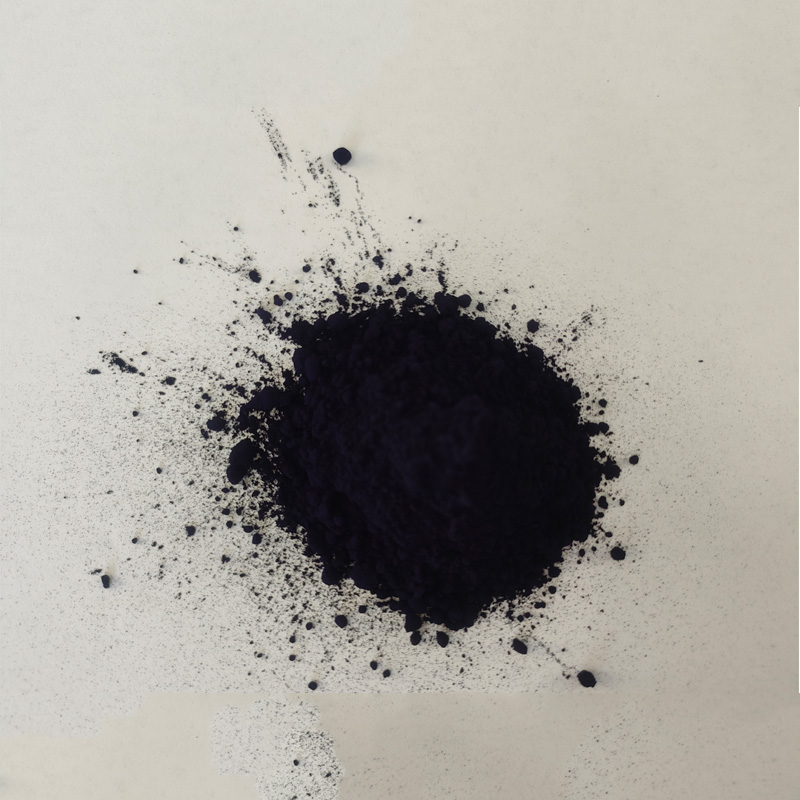Exploring the Benefits and Applications of Custom Sulphur Dyes in Textiles and Fashion Industry
Custom Sulphur Dyes Enhancing Textiles with Tailored Solutions
In the world of textile manufacturing, the importance of dyeing cannot be overstated. Among the myriad of dyeing options available, sulphur dyes have carved out a unique niche, offering vibrancy, durability, and affordability. What truly sets apart sulphur dyes in today's rapidly evolving market is the growing trend towards customization. This article delves into the benefits of custom sulphur dyes and their significant role in modern textile applications.
Understanding Sulphur Dyes
Sulphur dyes are a class of dyes that are primarily used for dyeing cellulosic fibers, especially cotton. They are formed through the reaction of sulphur compounds with other chemicals, resulting in a range of colors that can be applied to fabrics. Known for their excellent wash and light fastness, these dyes are ideal for a variety of applications, including denim, sportswear, and workwear. The dyeing process typically involves a reduction phase where the dye is converted into a soluble form, followed by the application to the fabric, and finally an oxidation phase to fix the dye in place.
The Case for Customization
With the textile industry increasingly aligned with consumer preferences, the demand for custom solutions has surged. Custom sulphur dyes allow manufacturers to meet specific needs by tailoring color palettes, shades, and even the dyeing process itself. This level of customization can cater to various industries, from fashion to home textiles, enabling brands to differentiate themselves in a saturated market.
1. Color Matching and Exclusivity
custom sulphur dyes

One of the primary advantages of custom sulphur dyes is the ability to achieve precise color matching. Brands can work closely with dye manufacturers to develop unique shades that resonate with their brand identity. This not only provides a competitive edge but also fosters customer loyalty when consumers associate specific colors with their favorite brands. Whether it's a rich navy blue for a luxury brand or a vibrant neon for activewear, custom sulphur dyes offer virtually limitless color possibilities.
2. Environmental Considerations
As sustainability becomes a paramount concern for many industries, custom sulphur dyes also present an opportunity for eco-friendly practices. Manufacturers can collaborate with dye suppliers to develop dyes that meet environmental regulations while maintaining color quality. Moreover, custom formulations can be designed to minimize water and energy usage, leading to a more sustainable dyeing process. This commitment to environmentally friendly practices not only benefits the planet but also appeals to a growing segment of environmentally conscious consumers.
3. Tailored Applications
Different textiles have unique dyeing requirements. Custom sulphur dyes can be specially formulated to cater to specific fabric characteristics, whether it be for abrasiveness, softness, or texture. This not only enhances the aesthetic appeal but also ensures that the dyed fabric meets functional criteria, vital for end-use applications such as workwear or fashion garments. Custom solutions allow for innovation in fabric treatments, leading to enhanced performance features like moisture-wicking or UV resistance.
Conclusion
The realm of custom sulphur dyes represents a significant evolution within the textile industry, merging artistry with science. By providing tailored solutions, manufacturers not only meet the diverse demands of the market but also push the boundaries of what is possible in textile coloration. As the trend for customization continues to grow, so too will the opportunities for innovative dyeing processes that meet the ever-changing needs of consumers. In this landscape, custom sulphur dyes will undoubtedly play a pivotal role, shaping the future of fabric dyeing and textile manufacturing.
-
Innovating Bromo Indigo Excellence
NewsAug.23,2025
-
Pioneering Indigo Plant Dye Excellence
NewsAug.23,2025
-
Leading Sulphur Black Dyes Enterprise
NewsAug.23,2025
-
Sulphur Black Dyes Light Resistance
NewsAug.23,2025
-
Indigo Blue Granular Industrial Uses
NewsAug.23,2025
-
Bromo Indigo Synthetic Production Process
NewsAug.23,2025
-
The Timeless Art of Denim Indigo Dye
NewsJul.01,2025

Sulphur Black
1.Name: sulphur black; Sulfur Black; Sulphur Black 1;
2.Structure formula:
3.Molecule formula: C6H4N2O5
4.CAS No.: 1326-82-5
5.HS code: 32041911
6.Product specification:Appearance:black phosphorus flakes; black liquid

Bromo Indigo; Vat Bromo-Indigo; C.I.Vat Blue 5
1.Name: Bromo indigo; Vat bromo-indigo; C.I.Vat blue 5;
2.Structure formula:
3.Molecule formula: C16H6Br4N2O2
4.CAS No.: 2475-31-2
5.HS code: 3204151000 6.Major usage and instruction: Be mainly used to dye cotton fabrics.

Indigo Blue Vat Blue
1.Name: indigo blue,vat blue 1,
2.Structure formula:
3.Molecule formula: C16H10N2O2
4.. CAS No.: 482-89-3
5.Molecule weight: 262.62
6.HS code: 3204151000
7.Major usage and instruction: Be mainly used to dye cotton fabrics.

